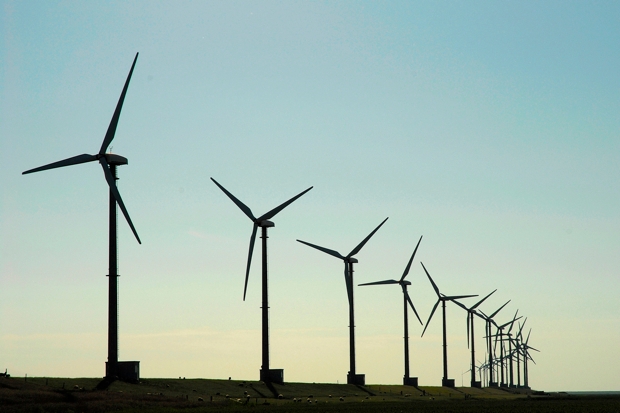The House of Commons’ Environmental Audit Committee wants a moratorium on fracking so that what it calls the ‘huge uncertainties’ of its impact on the environment can be resolved. If they hadn’t noticed, we already have had a moratorium on fracking. All activity ceased in 2011 after a couple of minor earth tremors near Blackpool were linked to exploratory drilling by Cuadrilla in the area. What the company now wants to do – and in which it is being frustrated at present by Lancashire’s planners – is to resume exploration, having changed their procedures in response to the tremors.
If there are ‘huge uncertainties’ over fracking, how would they ever be resolved without testing the technology? A period of experimentation, measurement and redesign is exactly what you expect in the development of any technology before it goes forward to commercial use. Yet different standards seem to be applied to renewable technologies. Subsidies were poured into the wind industry before anyone had any idea how well the thousands of turbines erected as a result would perform in real conditions, and what their impact would be on the national grid. The same is now happening with solar energy.If ever we needed a moratorium it was before the passing of the Climate Change Act 2008. Ed Miliband, then climate change secretary, upped the target to reduce carbon emissions from 60 per cent to 80 per cent by 2050 without he or anyone having any idea how this could be achieved without ruining the economy. A little bit more pausing and reflecting in that instance and we wouldn’t now be tied to an energy policy which is threatening to turn the lights out and force industry abroad.







Comments